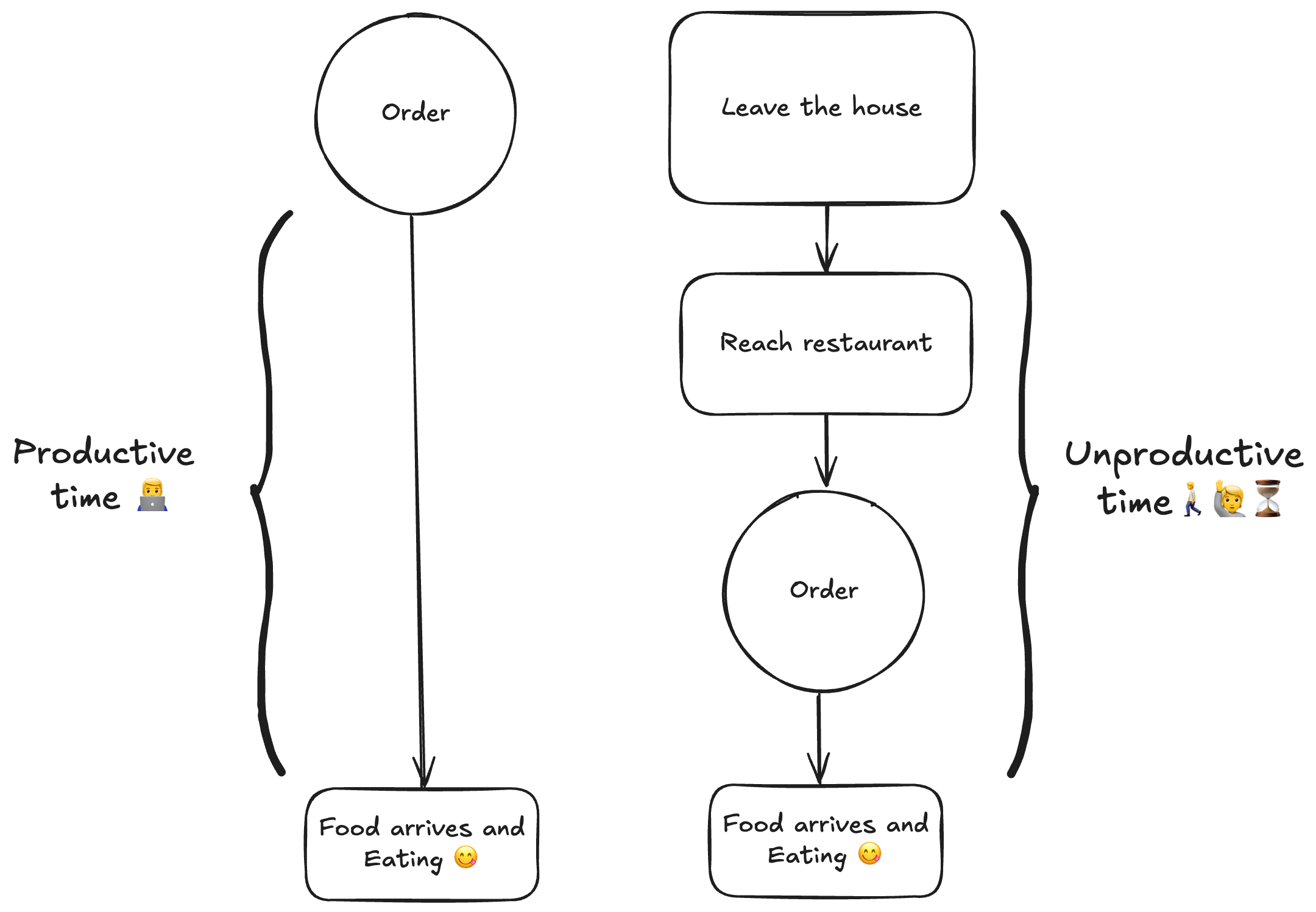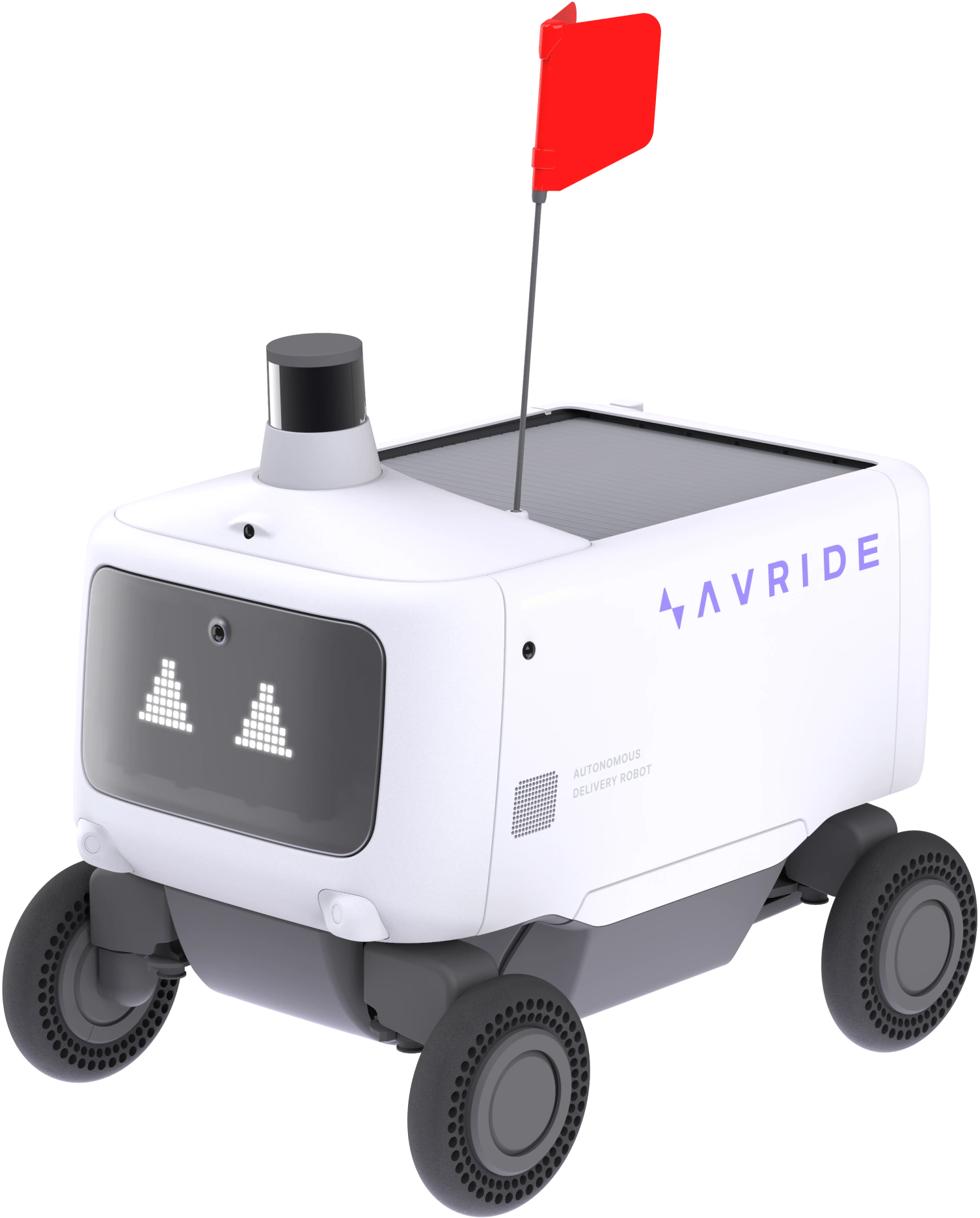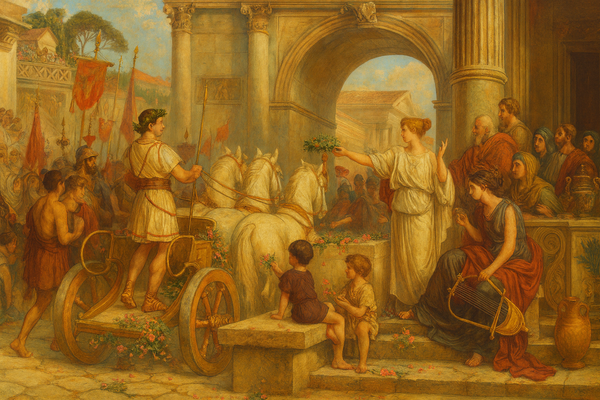Cogs in the machine

If I want to eat something but I don't want to cook or I'm in a place where we can't share cooking duties, I go to a restaurant. It's a pain in the ass, I'm not gonna lie. I'm limited by the amount of travel time I want to spend in the middle of my day, plus the wait for the food, when instead I could order in and do my thing until the door bell rings.

And yet, I try to order in as little as possible. Why?
The gig economy excels at dehumanising workers and turning them into cogs of a machine. Where are the incentives placed in food delivery?
When using uber or grab, I just want the food to reach me - potentially as fast as possible. The company's most important metric is how cheap the delivery is going to be. And given low delivery prices the delivery person wants to maximise the number of deliveries and hence minimise time per delivery. No special skills needed, just a body to transport food from the restaurant to the delivery point. Just a cog in the machine.
So, yesterday I saw this robot pictured working for Uber Eats, and I couldn't help thinking: well, here's the actual machine, acting as a cog in the machine!

Is this better or worse? It eliminates the human component - but there was anyway no value in the fact that it was a human doing the delivery!
Negatively, in a world that people need to work in order to live, some people would be deprived of an opportunity to earn money, potentially pushing people to poverty.





